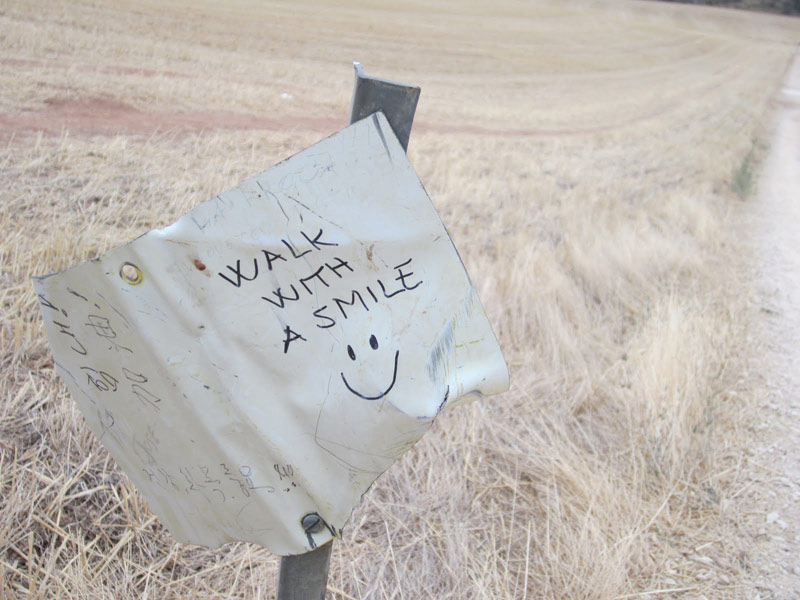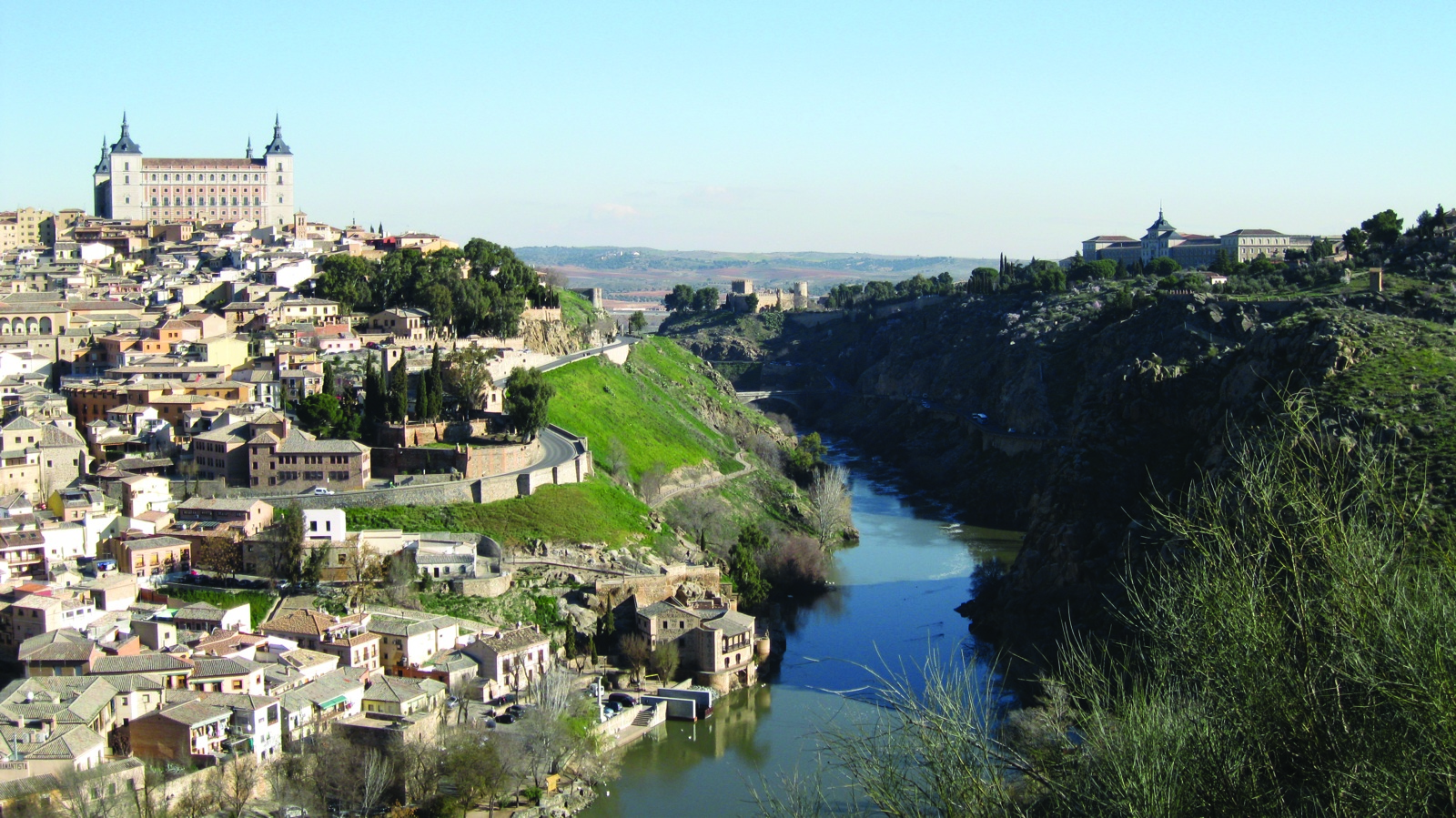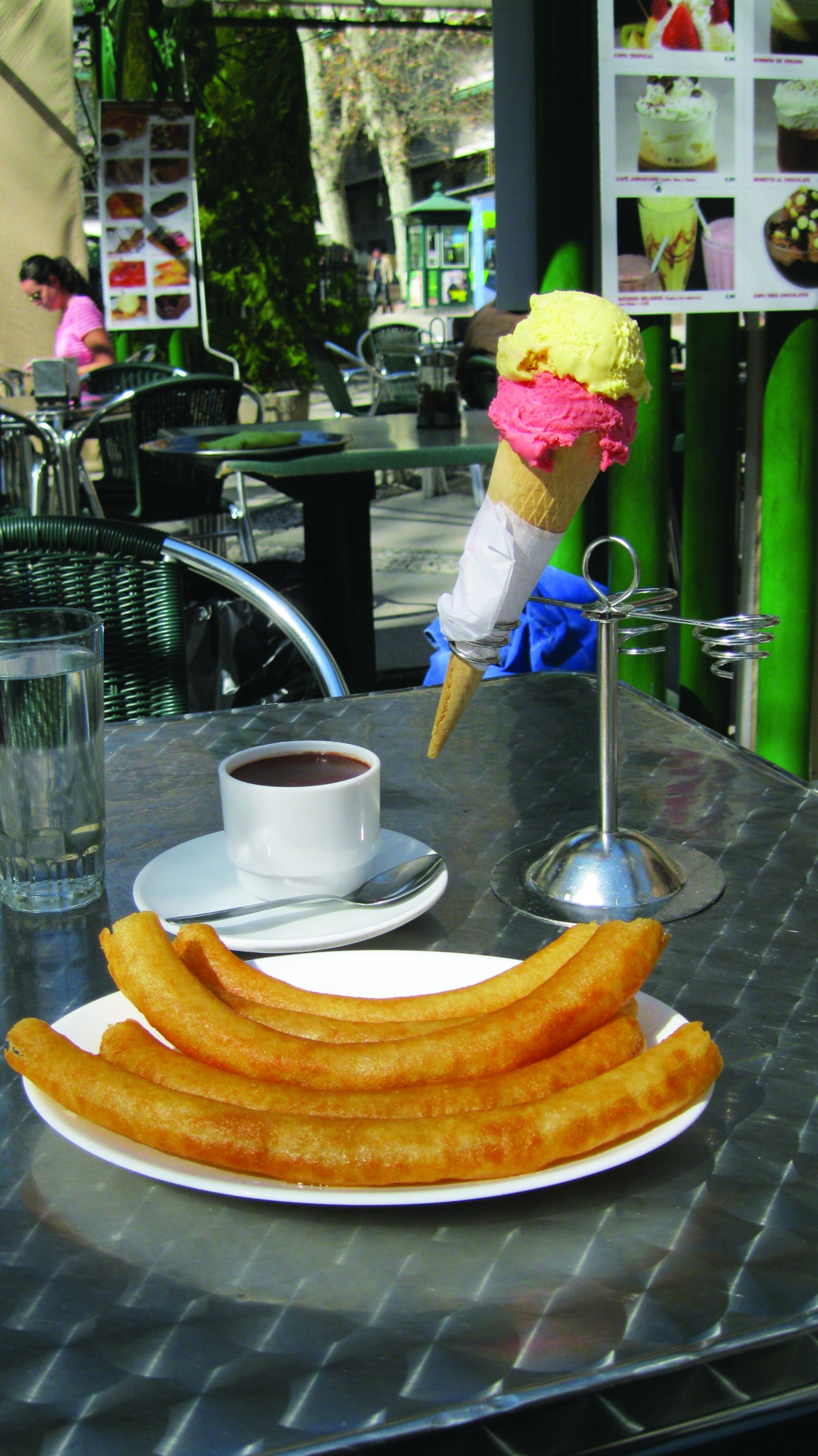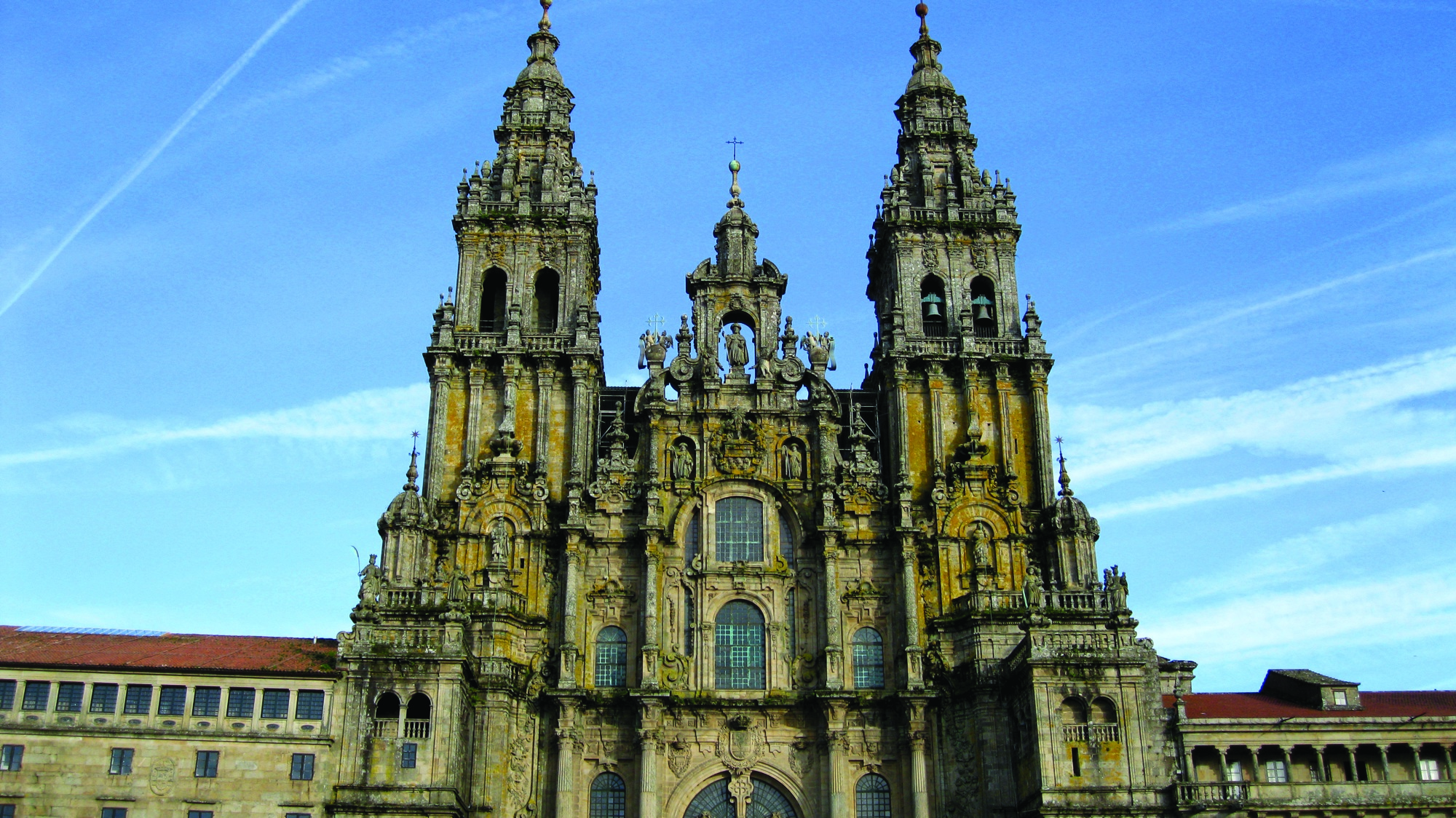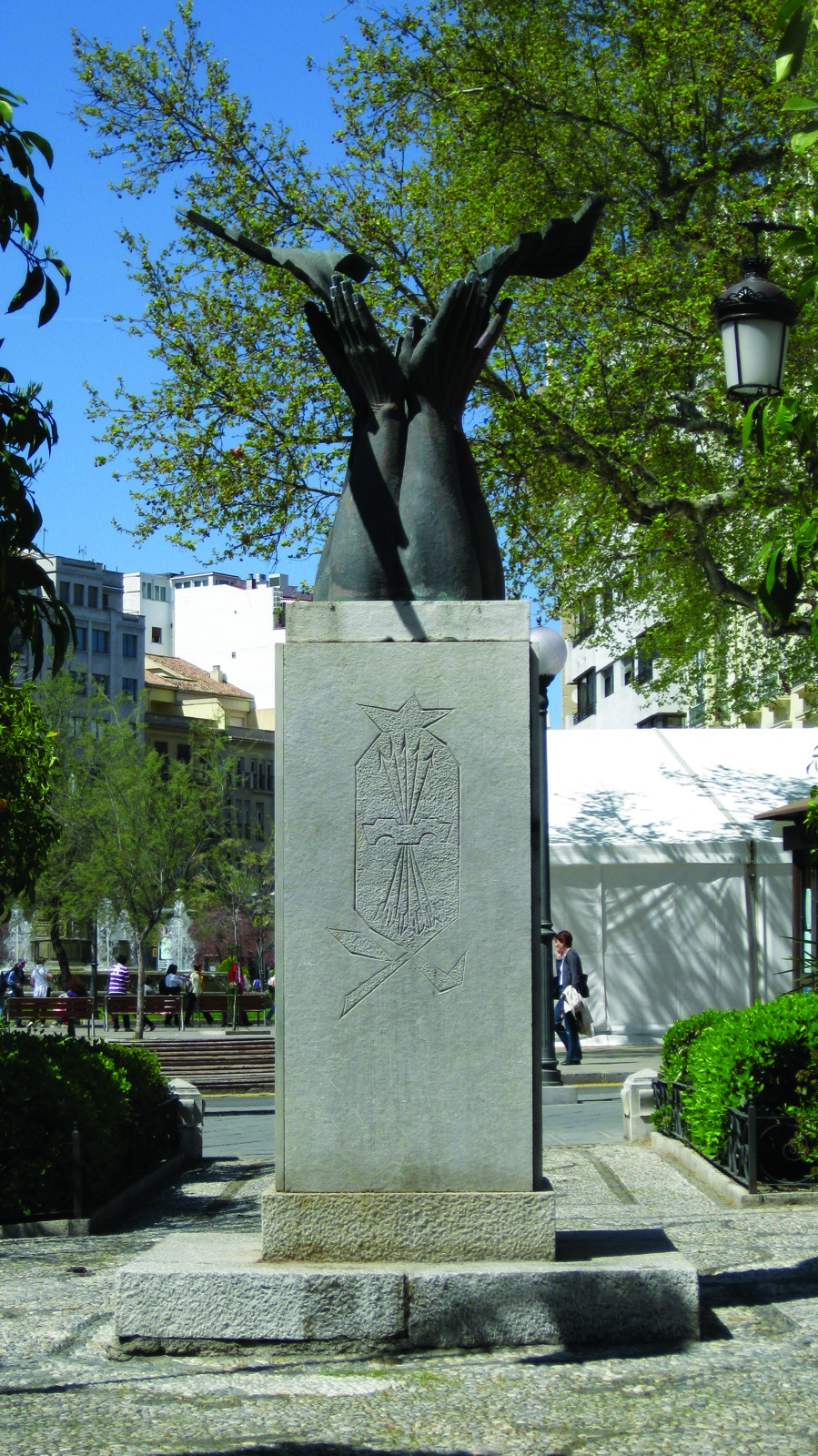
Spring has finally sprung and is in full bloom here in the Iberian Peninsula. Hopes are high and everything seems a little more manageable with the sun and homesickness blues finally edging away. Now is the time for fun in the sun and exploring more intensely the neighborhood in which we live.
Once you spend a few months abroad, almost three to be more accurate, you become adept at navigating through your study abroad home city. The change from the beginning of the term is inherent as you calmly stroll through the city, avoiding aging German tourists flashing their cameras every two seconds with the one of many shortcuts and back allies you have learned in your time in the city. It is an empowering feeling being able to walk through the streets of Granada without having to use the handy tourist map, which serves as a flashing neon light pointing you out to the locals, almost as bad as wearing a shirt saying ‘I love the U.S.’.
While the continual sunshine fuels the new feeling of empowerment, and with midterms a happily fading memory, all seems right with the world and the old doubts about adapting to a new culture belong to the past along with the pluperfect tense. Now begins the pure enjoyment of the program with sunshine, warmth, beaches and spring break in the not so distant future.
However, these feelings of security and transition and understanding of the Spanish culture cannot be found without a lot of hard work and even more trial and error with the language and customs. In order to really be able to appreciate and to be comfortable with Spain or wherever you choose to study abroad, you need to have a working knowledge of the history. Yes, this is the same thing we hear at every study abroad meeting, how it is important to learn about your country and do research, but honestly how many of us actually want to spend the time learning about the history? Sometimes the most research done is making sure that you know the language that is spoken in the chosen study abroad location.
Unfortunately, I have to admit that I did a minimal amount of looking ahead at the Spanish culture and cuisine before the term started in January. I figured that since I know Spanish and I have been to Europe before that I would have no problem adapting to the culture. Contrary to my naïve hopes, I was not prepared for living in Spain without at least a base knowledge of the customs and history. Fortunately for me and the rest of the ILACA program students, one of our mandatory classes of Spanish history and culture helps to make the transition to living in and understanding Spain much easier.
The class is designed to take us through a historical overview of Spain and the Iberian Peninsula from pre-history to present day. With this broad historical basis it is so much easier to not only understand the local monuments of Granada and their historic significance but transition and understand the culture, which you are dropped into for five months.
One of the cultural habits of Spain that needs to be placed in historical context is the almost sacred space of the home in which only a select few are invited. In his forty years of control Francisco Franco placed family and tradition at the basis of society. Part of his political aims was to depoliticize the masses, which he achieved by reinstituting traditional home values and by placing family and labor at the core of society. Thus, in the times of Franco the home was a secure place where few could enter. The remnants of that mindset still exist in the Spain of today where only family members and the closest of friends are allowed into the home.
Another habit with possible underpinnings of rejecting the years of repression of Franco is the love of being in the street and taking strolls with friends and family without an appointed destination. This can be viewed as a love of togetherness and community of the Spaniards, but also hints at the continuation of the customs of Franco, where the home was a place only for family so the street becomes the place to mix and mingle with friends, and, of course, enjoy the incredible weather of Spain.
The history and culture of Spain are still very much alive to this day. Although the state is no longer officially Catholic, religious celebrations such as the week leading up to Easter, Semana Santa, still have large roles in society especially in the south of Spain in Andalusia. Also the heritage or remnants of Francisco Franco still haunt Spain in the plethora of Fascist symbols and landmarks that still dot the landscape.
Just to sum up, make sure to do at least a minimal amount of research of the country in which you are going to study. It makes the transition from Tacoma to your country much easier, so you can feel like a true student and not just a tourist much sooner.

